Home>Garden Essentials>What Is The Difference Between Hemp Hearts And Hemp Seeds
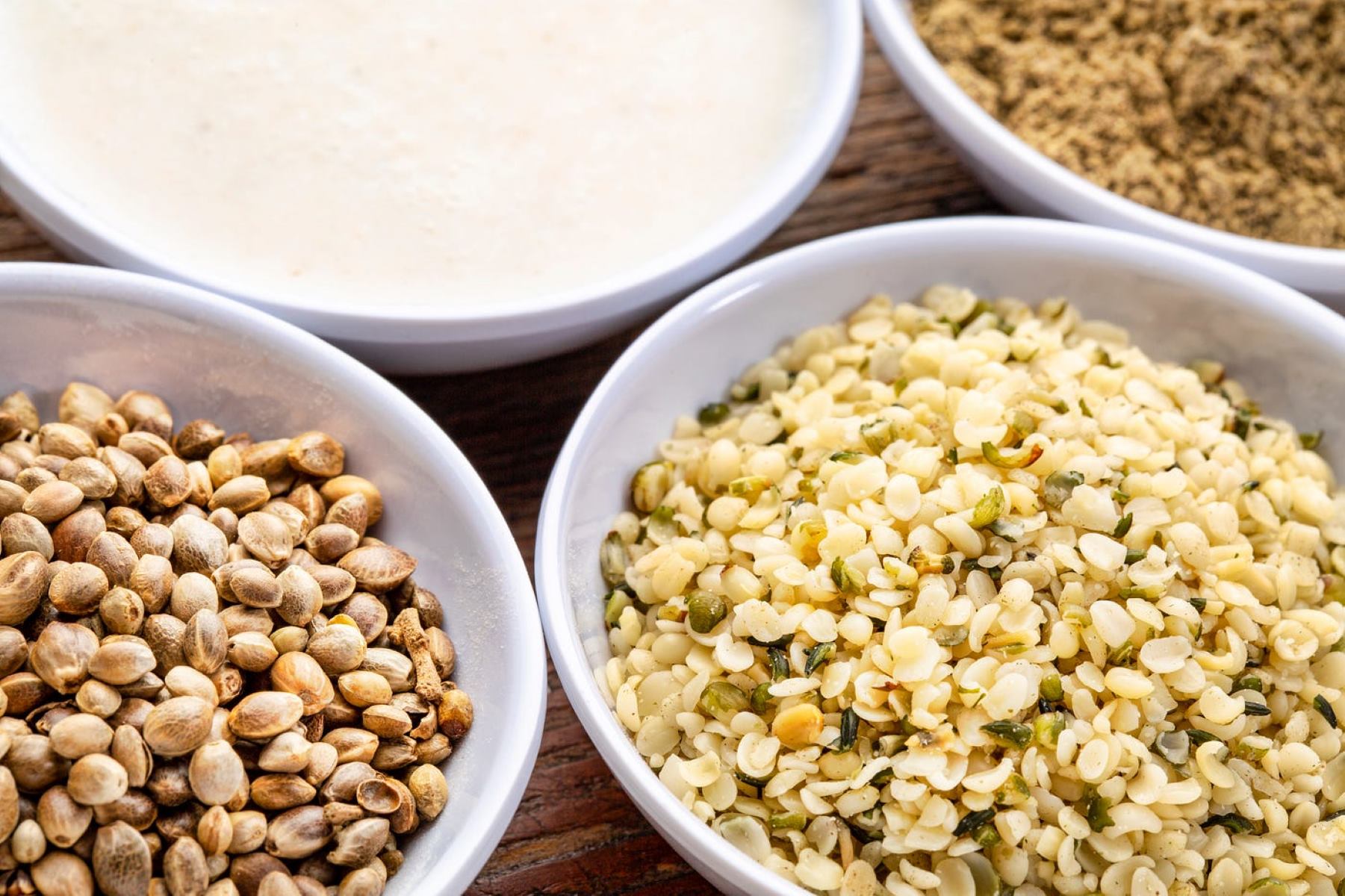

Garden Essentials
What Is The Difference Between Hemp Hearts And Hemp Seeds
Modified: March 16, 2024
Discover the difference between hemp hearts and hemp seeds for your garden. Learn which one is best suited for your needs and how to incorporate them into your gardening routine.
(Many of the links in this article redirect to a specific reviewed product. Your purchase of these products through affiliate links helps to generate commission for Storables.com, at no extra cost. Learn more)
Introduction
When it comes to incorporating plant-based foods into a healthy diet, hemp products have gained significant popularity in recent years. Two commonly used hemp products are hemp hearts and hemp seeds. While they may sound similar and come from the same plant, there are important differences between the two.
In this article, we will explore the distinction between hemp hearts and hemp seeds, from their definitions to their nutritional profiles, culinary uses, health benefits, texture, taste, availability, and cost. By understanding these differences, you can make informed choices about including them in your meals and snacks.
So, let’s dive in and decipher the dissimilarities between hemp hearts and hemp seeds!
Key Takeaways:
- Hemp hearts are creamy and mild, while hemp seeds are crunchy and slightly stronger in flavor. Both are nutritious, versatile, and offer health benefits, making them great additions to meals and snacks.
- Hemp hearts are more readily available, but both options can be easily found and enjoyed. While hemp hearts are slightly more expensive, both are affordable and offer unique flavors and textures to dishes.
Read more: How To Store Hemp Hearts
Definition of Hemp Hearts
Hemp hearts, also known as hemp seeds hearts or hulled hemp seeds, are the inner part of the hemp seed after the hard outer shell has been removed. Hemp hearts have a creamy and soft texture, making them easy to incorporate into a variety of dishes. They have a mild nutty flavor that adds a pleasant taste to meals.
Hemp hearts are highly nutritious and are considered a complete protein source because they contain all nine essential amino acids that the body needs to function properly. They are also rich in healthy fats, such as omega-3 and omega-6 fatty acids, that contribute to heart health and brain function.
With their high protein content and essential fatty acid profile, hemp hearts have become a popular choice for vegans, vegetarians, and those looking to increase their plant-based protein intake.
Definition of Hemp Seeds
Hemp seeds, also known as hemp hearts shells or whole hemp seeds, are the complete seeds of the hemp plant. Unlike hemp hearts, hemp seeds have a hard outer shell that needs to be cracked or removed before consumption. They have a slightly crunchy texture and a mild, nutty flavor.
Similar to hemp hearts, hemp seeds are a nutritional powerhouse. They are an excellent source of plant-based protein, containing all essential amino acids. Additionally, they are packed with essential fatty acids, including omega-3 and omega-6, which are beneficial for heart health and inflammatory conditions.
One distinct advantage of consuming hemp seeds is their high fiber content. They are an excellent source of both soluble and insoluble fibers, which support digestion, regulate blood sugar levels, and promote a healthy gut.
Hemp seeds are versatile and can be used in various culinary applications, from sprinkling them on salads and yogurt to blending them into smoothies or baking them into bread and desserts. They add a delightful crunch and nutritional boost to any dish.
It’s important to note that while hemp seeds contain trace amounts of THC (tetrahydrocannabinol), the psychoactive compound found in marijuana, the levels are extremely low and do not have any mind-altering effects. Therefore, consuming hemp seeds will not cause a “high” sensation.
Nutritional Differences
While both hemp hearts and hemp seeds offer a range of nutrients, there are slight differences in their nutritional profiles.
Hemp hearts are higher in protein compared to hemp seeds. They contain about 25% protein by weight, making them an excellent plant-based protein source. On the other hand, hemp seeds typically have a protein content of around 20%.
In terms of fat content, hemp hearts and hemp seeds are similar. They both contain healthy fats, including omega-3 and omega-6 fatty acids, which support heart health and reduce inflammation in the body.
While hemp seeds have a higher fiber content due to their intact hull, hemp hearts have their fiber content slightly reduced because the outer shell has been removed. However, both are still good sources of dietary fiber.
When it comes to micronutrients, hemp hearts and hemp seeds are comparable. They are rich in minerals such as magnesium, phosphorus, copper, zinc, and manganese. They also provide vitamins like vitamin E and B vitamins, including thiamine, riboflavin, and niacin.
Overall, both hemp hearts and hemp seeds are highly nutritious and offer a wide array of essential nutrients. The slight differences in protein and fiber content can be considered when choosing which one to incorporate into your diet, depending on your specific needs and preferences.
Culinary Uses
Both hemp hearts and hemp seeds are incredibly versatile and can be used in a variety of culinary applications to enhance the flavor and nutritional value of your meals.
Hemp hearts have a creamy texture and mild nutty flavor, making them a great addition to smoothies, oatmeal, yogurt, and salads. They can also be sprinkled on top of soups, stir-fries, and roasted vegetables to add a nutritional boost. Additionally, hemp hearts can be ground into a fine powder and used as a gluten-free flour alternative in baking recipes.
Hemp seeds, with their slightly crunchy texture, are often used as a topping for cereals, granola, and salads to add a delightful crunch. They can be incorporated into homemade energy bars, cookies, and bread for an added nutty flavor and nutritional punch. Hemp seeds can also be blended into dressings, dips, and spreads, such as pesto or hummus, for extra richness and depth of flavor.
Both hemp hearts and hemp seeds can be used to make dairy-free milk alternatives. By blending them with water, you can create a nutritious and creamy hemp milk that can be enjoyed on its own or used in smoothies, coffee, and baking.
When it comes to cooking with hemp hearts and hemp seeds, it’s important to note that their nutritional benefits are best preserved when consumed raw or lightly toasted. Excessive heat can degrade some of the delicate nutrients, so it’s recommended to add them to dishes after cooking or use them in no-cook recipes.
Experimenting with different culinary uses of hemp hearts and hemp seeds not only adds variety to your meals but also allows you to unlock their full potential and enjoy their unique flavors and textures.
Hemp hearts are the shelled seeds of the hemp plant, while hemp seeds include the outer shell. Hemp hearts are softer and have a nutty flavor, while hemp seeds are crunchier and have a slightly grassy taste. Both are nutritious and can be used in similar ways.
Health Benefits
Both hemp hearts and hemp seeds offer a wide range of health benefits due to their impressive nutrient profiles. Here are some of the key health benefits associated with consuming these hemp products:
1. High in Protein: Hemp hearts and hemp seeds are excellent sources of plant-based protein, containing all nine essential amino acids. Protein is essential for building and repairing tissues, supporting muscle growth and maintenance, and aiding in weight management.
2. Heart Health: Both hemp hearts and hemp seeds are rich in omega-3 and omega-6 fatty acids, which are important for heart health. These essential fatty acids have been shown to reduce inflammation, lower blood pressure, and improve overall cardiovascular function.
3. Digestive Health: The high fiber content in hemp hearts and hemp seeds promotes healthy digestion and regular bowel movements. Adequate fiber intake helps prevent constipation, supports a healthy gut microbiome, and may reduce the risk of developing various digestive disorders.
4. Nutrient Dense: Hemp hearts and hemp seeds are packed with essential vitamins and minerals such as magnesium, phosphorus, copper, zinc, and manganese. They also provide vitamin E, which acts as an antioxidant and supports skin health.
5. Brain Function: The omega-3 fatty acids found in hemp products are crucial for brain health and function. They have been shown to improve cognitive function, memory, and focus, and may help reduce the risk of neurodegenerative diseases like Alzheimer’s.
6. Anti-Inflammatory Properties: Hemp hearts and hemp seeds contain an abundance of compounds with anti-inflammatory properties, such as gamma-linolenic acid (GLA) and various antioxidants. These properties may help reduce inflammation in the body and alleviate symptoms of inflammatory conditions.
7. Weight Management: The combination of protein, healthy fats, and fiber in hemp hearts and hemp seeds can help promote feelings of fullness and satiety, making them beneficial for weight management and controlling cravings.
It’s important to keep in mind that these health benefits are most effective when hemp hearts and hemp seeds are part of a balanced and varied diet, along with other nutrient-rich foods.
Difference in Texture and Taste
Hemp hearts and hemp seeds have distinct differences in terms of their texture and taste.
Hemp hearts, also known as hulled hemp seeds, have a soft and creamy texture. The outer shell has been removed, leaving behind the inner part of the seed. This gives hemp hearts a smooth and almost buttery consistency, making them easy to incorporate into various recipes. They blend well in smoothies, add a creamy texture to sauces and dressings, and have a melt-in-your-mouth quality when sprinkled over salads or mixed into oatmeal.
Hemp seeds, on the other hand, have a slightly crunchy texture due to their intact outer shell. When bitten into, you’ll experience a satisfying snap, followed by a chewy center. The crunchiness of hemp seeds adds a delightful texture to foods. They work wonderfully as a topping for salads, cereals, and yogurt, providing a contrast to the other ingredients. When used in baking, hemp seeds lend a pleasant crunch to cookies, granola bars, and bread.
In terms of taste, both hemp hearts and hemp seeds have a nutty flavor. However, there are subtle differences in the intensity of their taste. Hemp hearts have a milder nutty flavor, allowing them to blend seamlessly into various dishes without overpowering the other ingredients. This makes them a versatile option for adding a hint of nuttiness to your meals.
Hemp seeds, with their intact outer shell, have a slightly stronger and more pronounced nutty taste. The flavor of hemp seeds becomes more evident when they are chewed and broken apart. This makes them an excellent choice for those who appreciate a more pronounced nutty flavor in their dishes.
Whether you prefer the smooth and creamy texture of hemp hearts or the satisfying crunch of hemp seeds, both options offer a delightful mouthfeel and add a nutty taste to your culinary creations.
Availability and Cost
When it comes to availability, both hemp hearts and hemp seeds are widely accessible in grocery stores, health food stores, and online retailers. Due to the increasing popularity of hemp products, you can find them in various forms and brands, making it easier than ever to incorporate them into your diet.
Hemp hearts are typically more readily available compared to whole hemp seeds. This is because hemp hearts are the inner part of the seed that has been removed from the hard outer shell. They are often sold as standalone products or included as an ingredient in various food products like granola bars, cereals, and protein powders.
Whole hemp seeds, with the intact outer shell, may be slightly less common to find. However, they can still be purchased from health food stores and online retailers that specialize in hemp products. Whole hemp seeds often come in sealed packages to maintain freshness.
When it comes to cost, hemp hearts are generally more expensive than whole hemp seeds. This is because of the additional processing required to remove the outer shell, which increases the cost of production. However, the price difference is typically not significant, and both options can be incorporated into your diet without breaking the bank.
It’s worth noting that the cost of hemp hearts and hemp seeds may vary depending on your location, the brand, and the size of the package. Buying in bulk or larger quantities may offer cost-saving benefits in the long run.
Ultimately, the availability of both hemp hearts and hemp seeds, paired with their relatively affordable cost, makes it convenient for individuals to include these nutritious ingredients in their daily meals and snacks.
Conclusion
In conclusion, while hemp hearts and hemp seeds come from the same hemp plant, there are notable differences between the two. Hemp hearts are the inner part of the seed with the outer shell removed, offering a creamy texture and mild nutty flavor. Hemp seeds, on the other hand, have a crunchy texture due to their intact outer shell and a slightly stronger nutty taste.
Both hemp hearts and hemp seeds are highly nutritious, packed with protein, essential fatty acids, fiber, vitamins, and minerals. They offer a range of health benefits, including supporting heart health, promoting digestion, boosting brain function, and aiding in weight management.
Culinary uses for hemp hearts and hemp seeds are abundant. They can be incorporated into smoothies, salads, soups, yogurt, baked goods, and more to add a nutritional boost and enhance the flavor and texture of dishes. Their availability has increased, making them easily accessible in various stores and online platforms.
While hemp hearts are more commonly available, both hemp hearts and hemp seeds can be purchased and enjoyed. Hemp hearts tend to be slightly more expensive due to the additional processing required, but the cost difference is generally minimal.
Ultimately, whether you choose to incorporate hemp hearts or hemp seeds into your diet, you can benefit from their nutritional properties and incredible versatility. Consider your personal preferences, culinary needs, and health goals to determine which option is the best fit for your lifestyle.
By incorporating these nutritious hemp products into your meals and snacks, you can enjoy their unique flavors, textures, and health benefits while adding a touch of creativity to your culinary endeavors.
Frequently Asked Questions about What Is The Difference Between Hemp Hearts And Hemp Seeds
Was this page helpful?
At Storables.com, we guarantee accurate and reliable information. Our content, validated by Expert Board Contributors, is crafted following stringent Editorial Policies. We're committed to providing you with well-researched, expert-backed insights for all your informational needs.
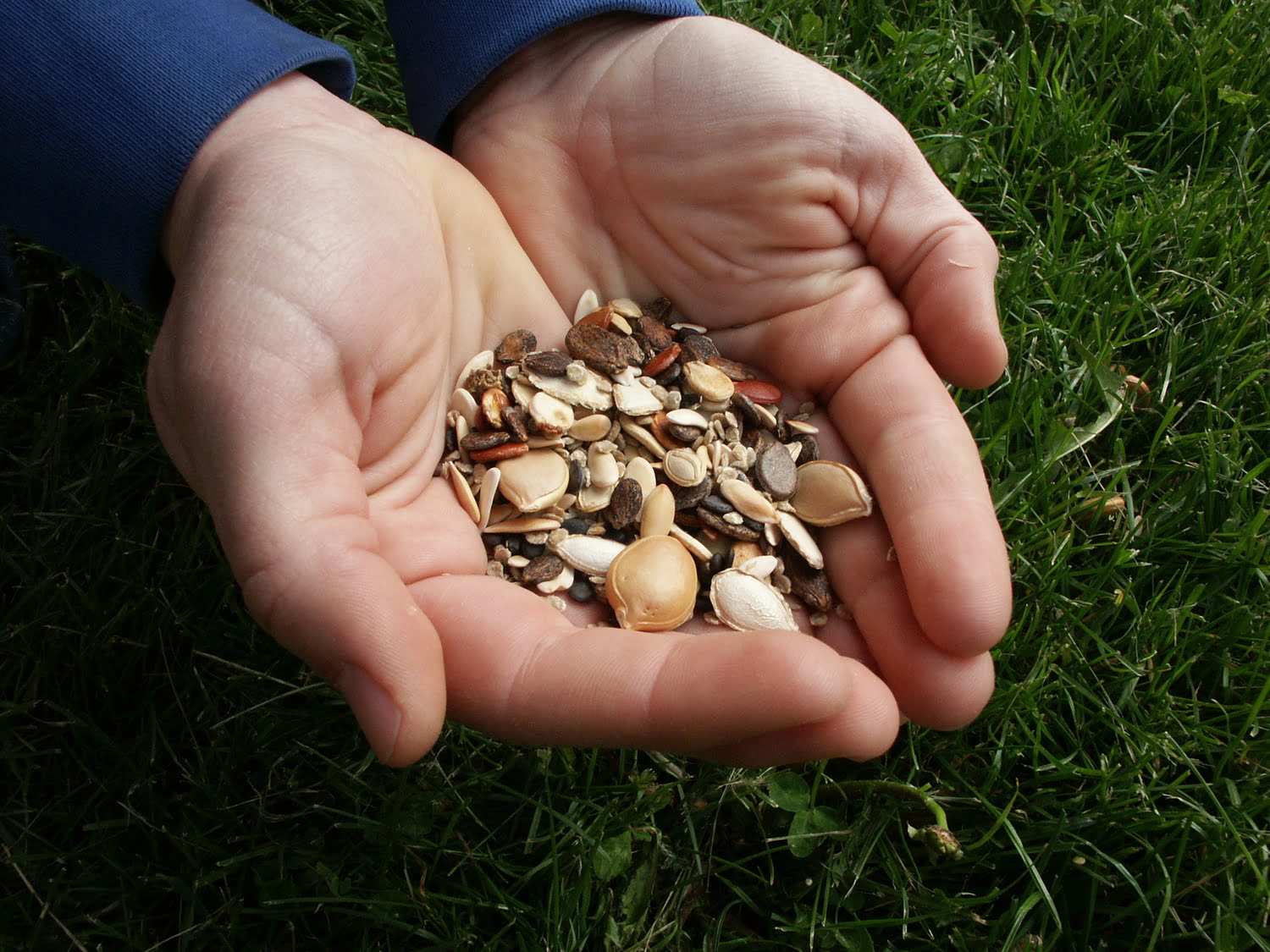
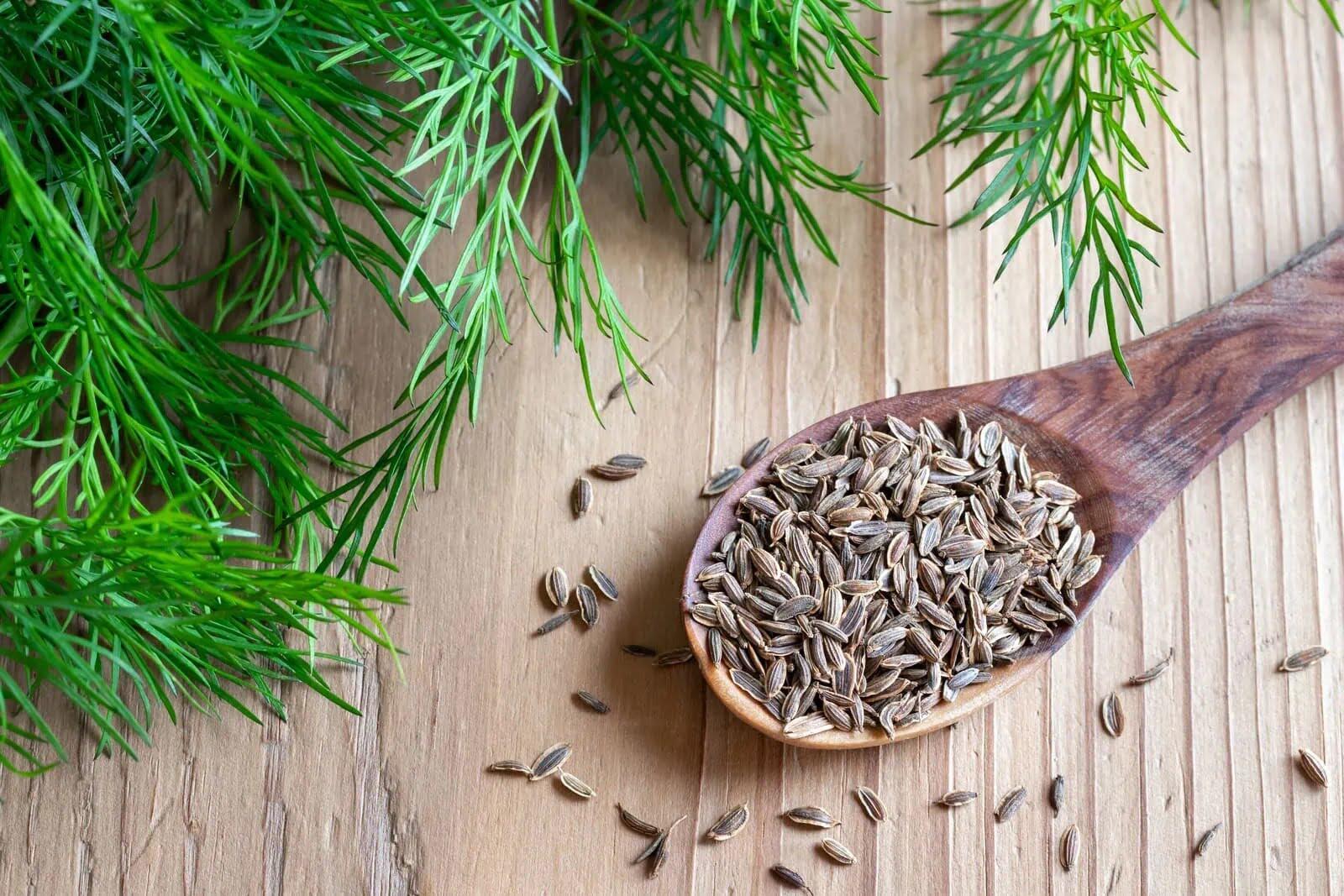
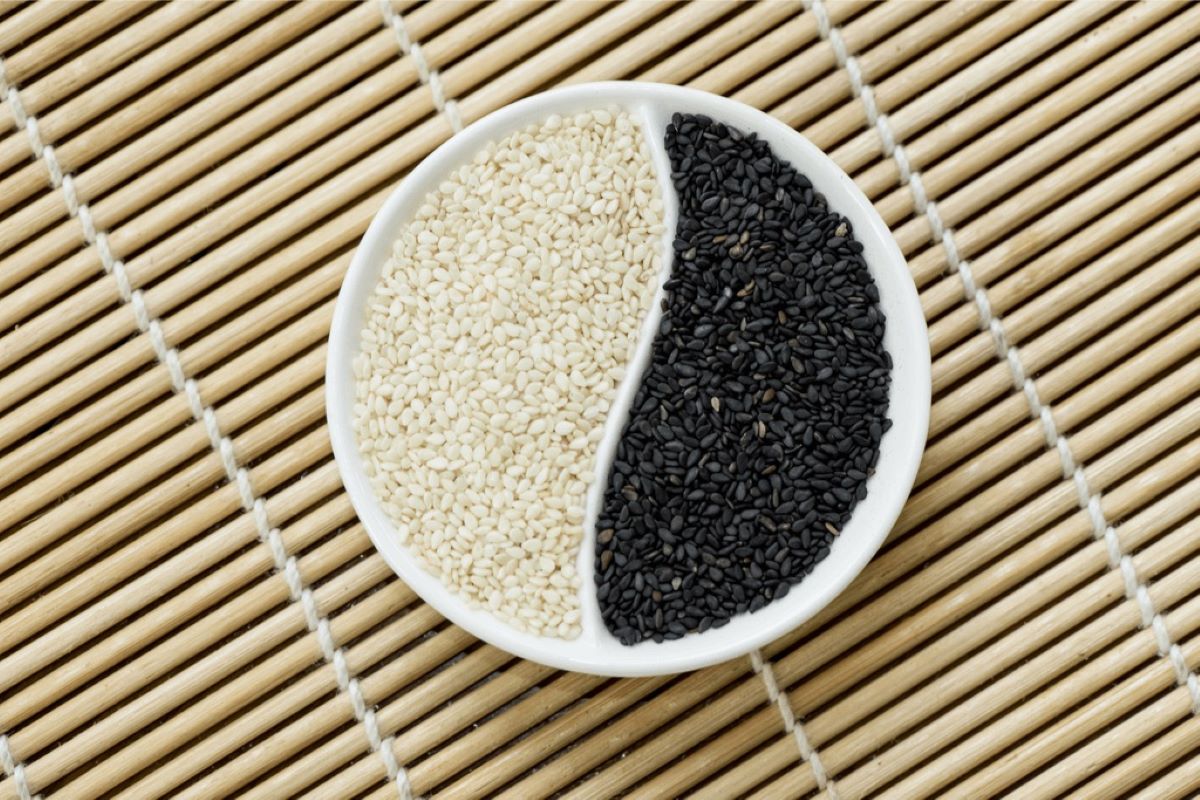
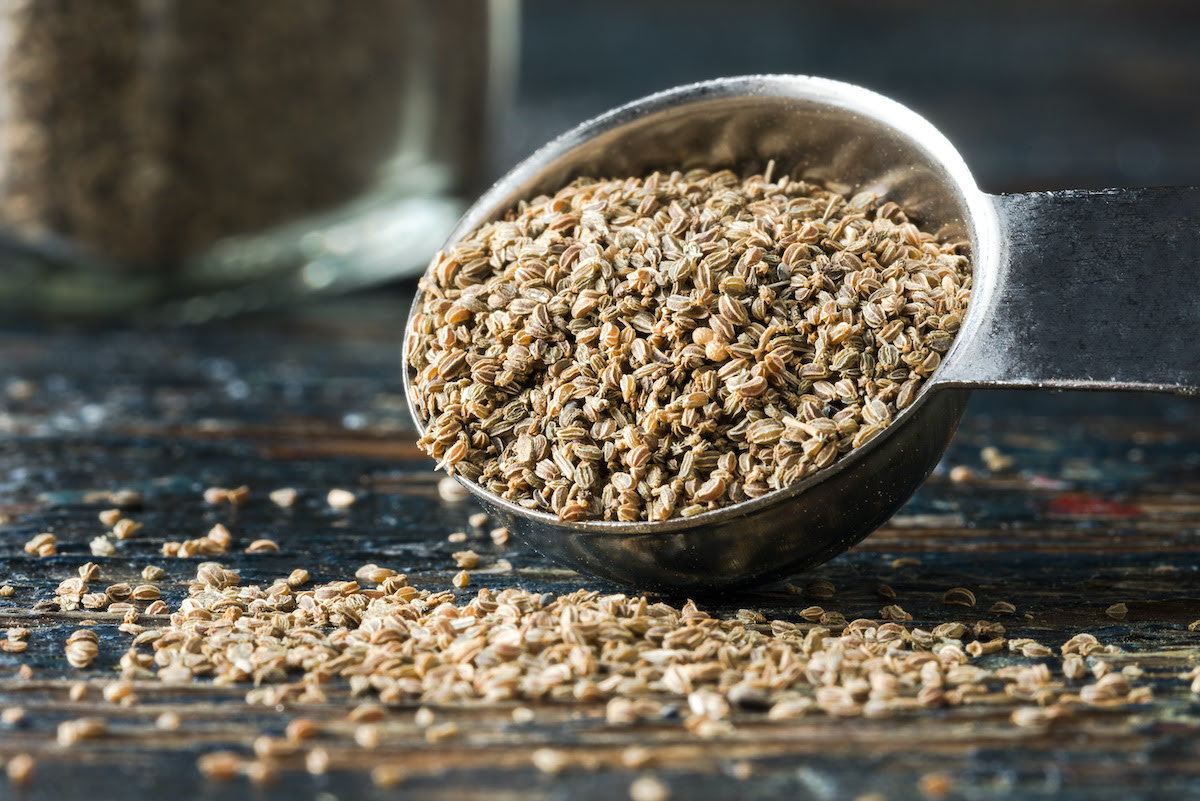
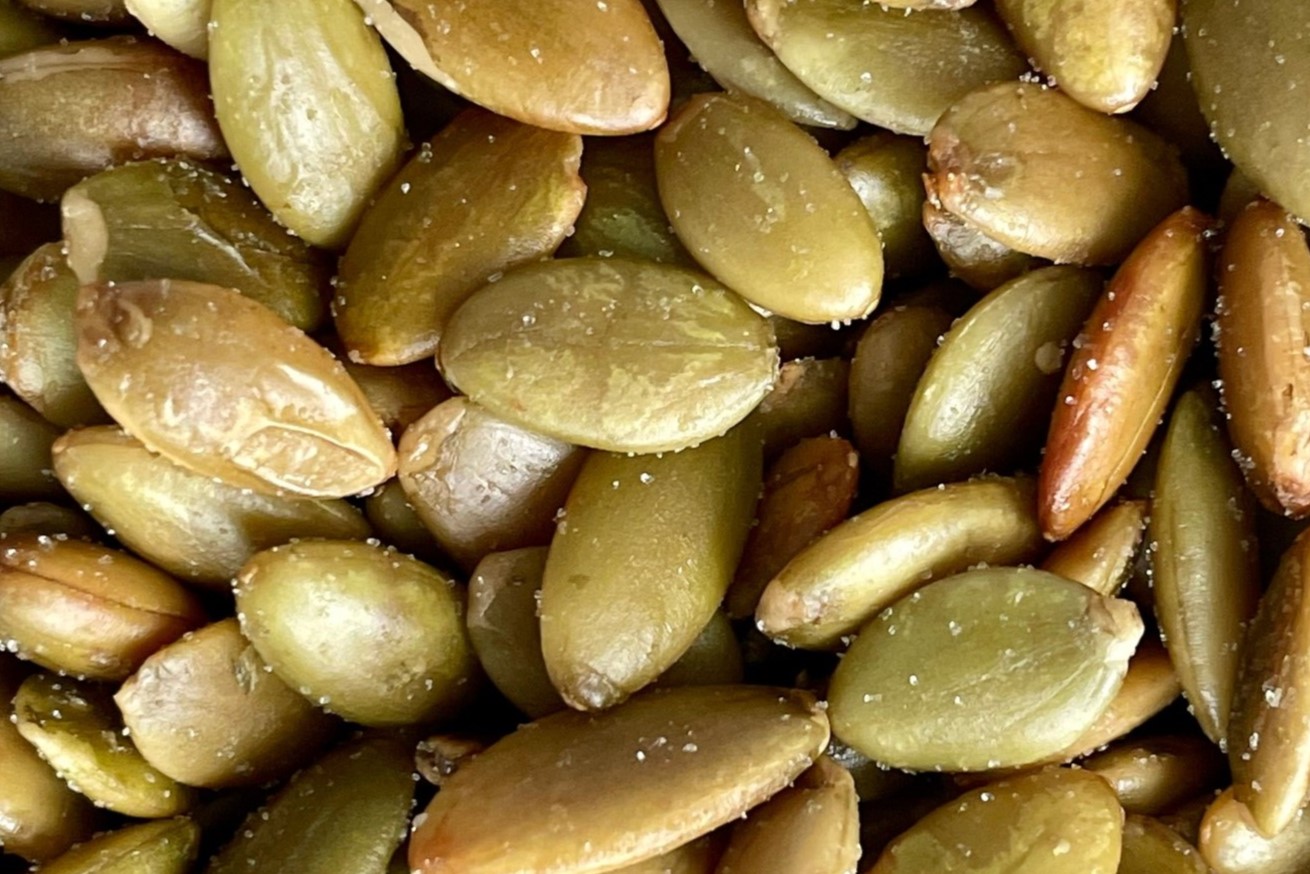
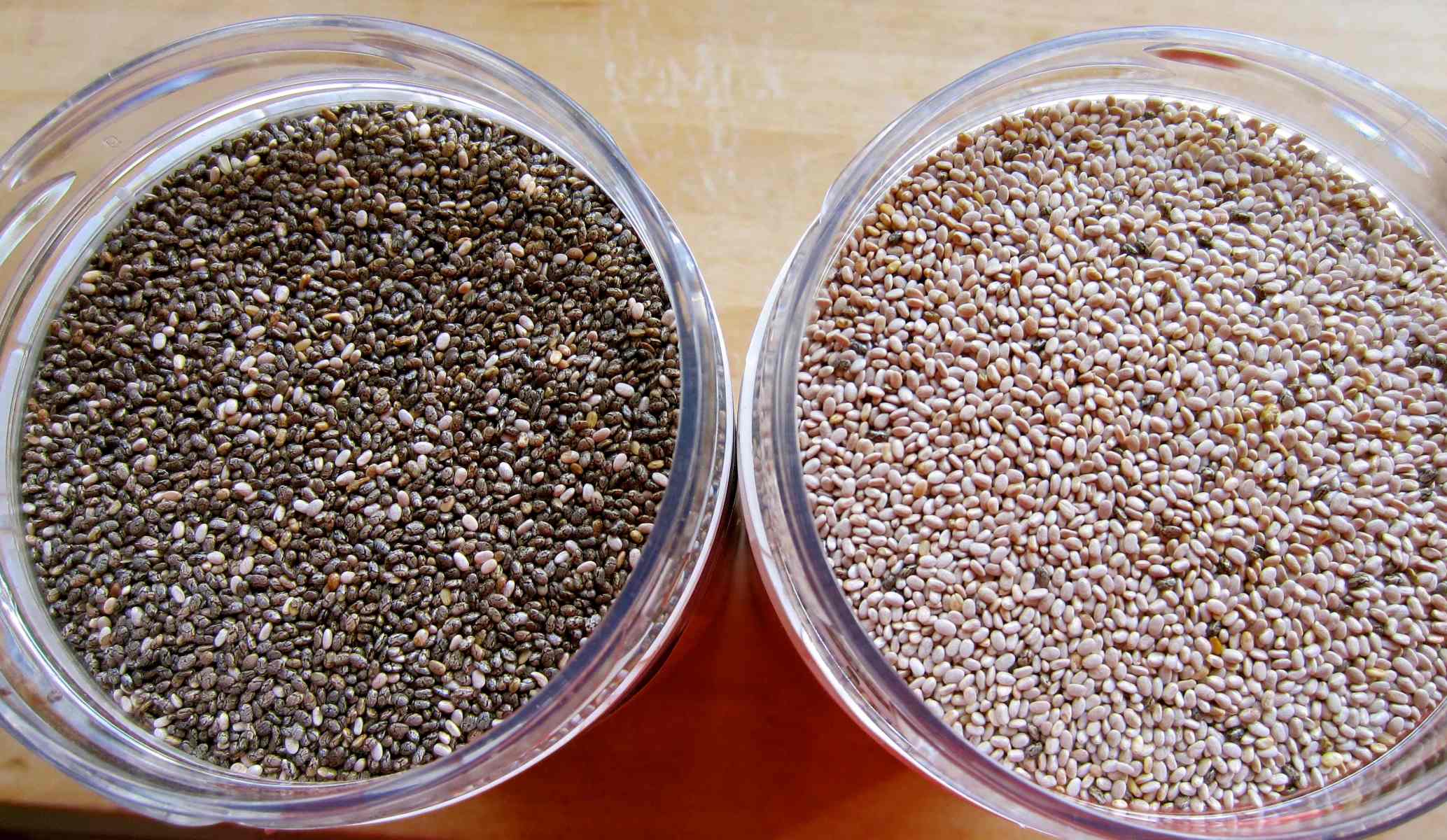
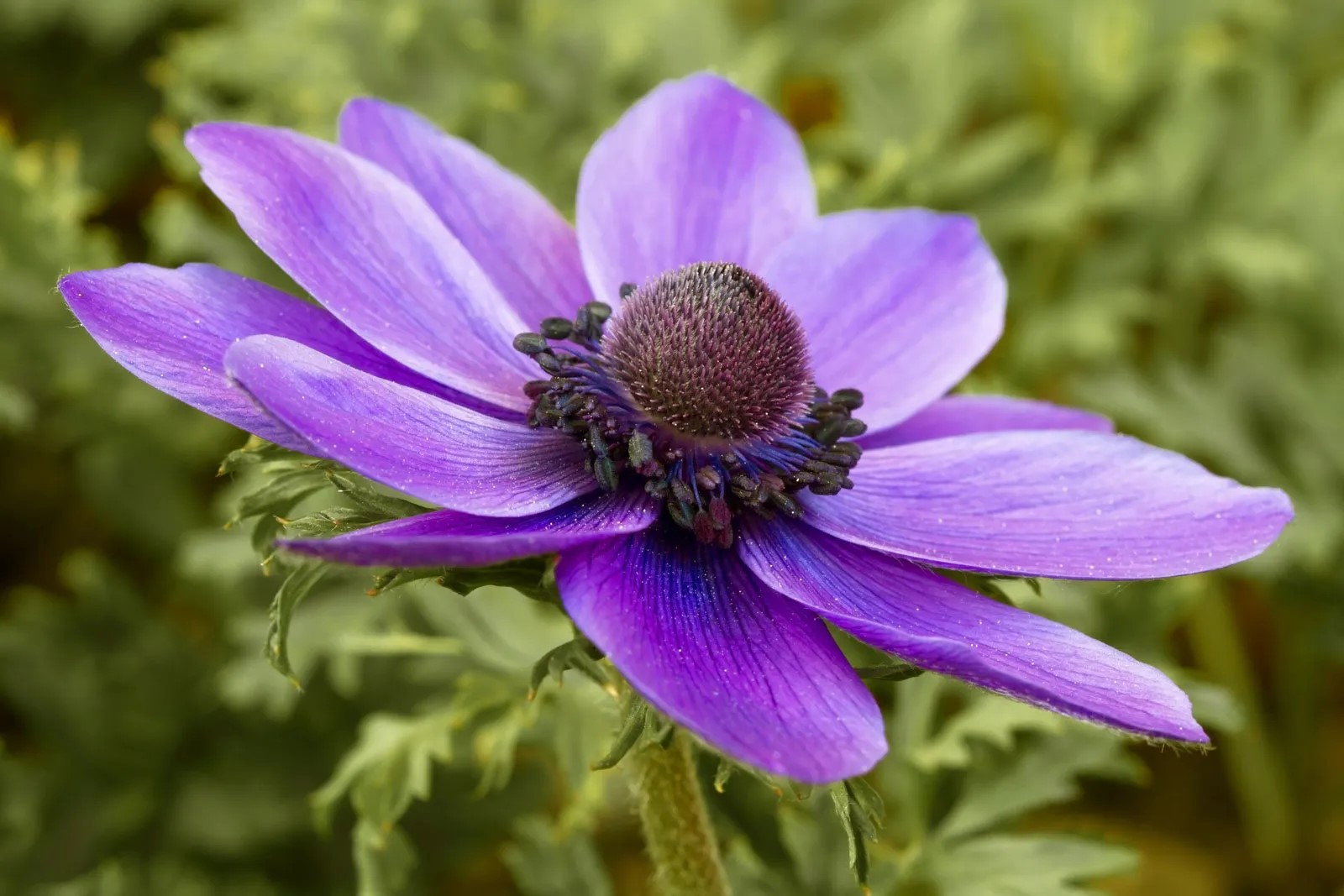



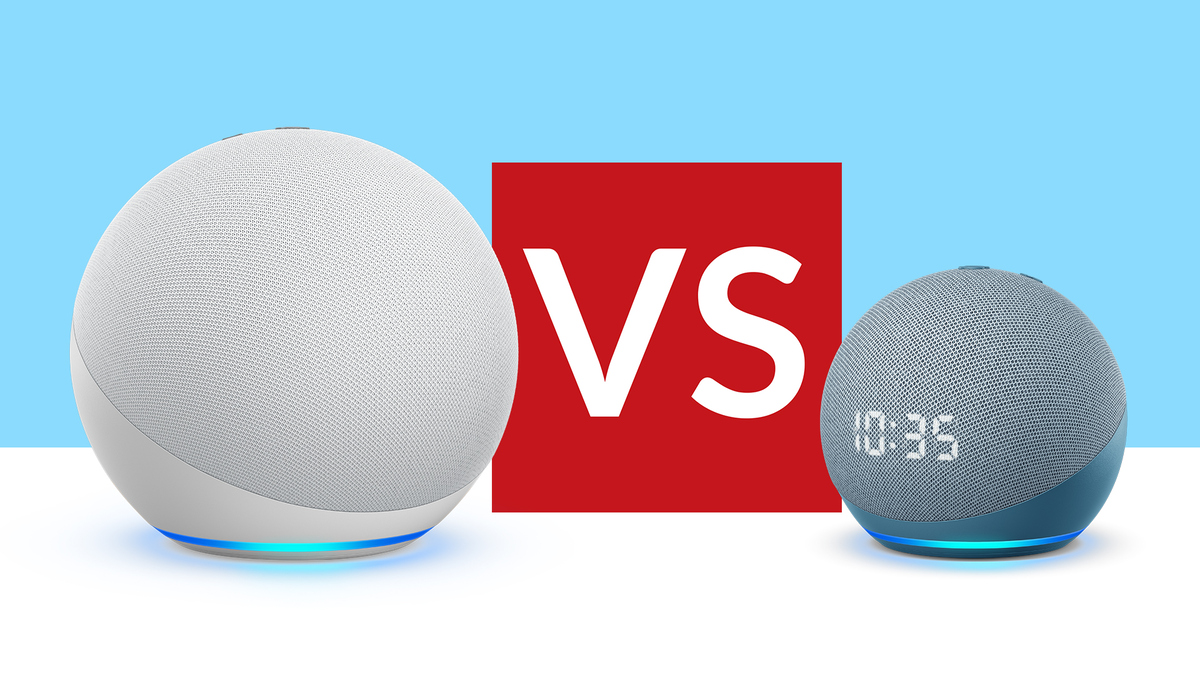




0 thoughts on “What Is The Difference Between Hemp Hearts And Hemp Seeds”